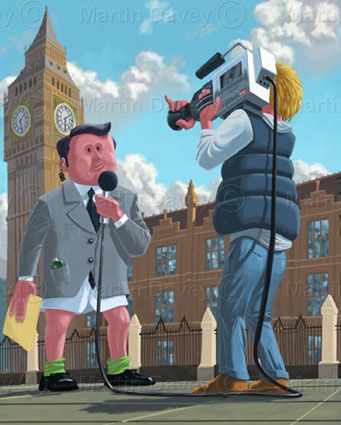 |
| The Latest Health Care Decision |
It was no great surprise that a federal district judge in Virginia, nominated by President George W. Bush, declared a provision of the health care reform law unconstitutional. Yet his decision offers at least some hope for health care reform because it bends over backward to limit the scope of his ruling in two important respects.
The core of his ruling is that a requirement in the law that people buy health insurance in 2014 or pay a penalty is unconstitutional because it exceeds Congressional powers to regulate interstate commerce or to impose taxes for the general welfare. Two other district court judges nominated by President Bill Clinton — in Michigan and in another part of Virginia — have ruled the mandate constitutional.
Judge Henry Hudson concluded that Congress can’t regulate “economic inactivity,” the failure to buy health insurance, as if it were “economic activity” that affected interstate commerce. Yet it seems clear that decisions not to buy insurance will, in the aggregate, affect costs in the broader health care markets. We hope higher courts will find that a decision to forgo insurance simply shifts much of the cost for subsequent illness to hospitals, doctors and insured individuals. Taxpayers’ costs would rise to pay for billions of dollars in uncompensated care given to individuals who can’t pay for it.
Judge Hudson also ruled that the penalties for failing to buy insurance, though administered through the Internal Revenue Service, were really a penalty not a tax and thus can’t be justified by Congress’s authority to raise taxes for the general welfare. Yet there are precedents that seem to suggest that penalties can be considered taxes if they raise some revenue.
Virginia’s attorney general had asked the judge to invalidate the entire law if he found the mandate to buy insurance unconstitutional, but Judge Hudson invalidated only the mandate. He said he was following a time-honored rule to “sever with circumspection” by removing only problematic parts of a law.
The attorney general had also asked the judge to stop implementation of the law until a higher court rules on its constitutionality. Judge Hudson sensibly denied that request in part because the crucial provisions of the mandate, the only issue he was addressing, don’t take effect until 2013. Preparatory steps are not irreversible and states should not hang back while this case is being appealed and likely decided by the Supreme Court.



















































0 comments:
Post a Comment